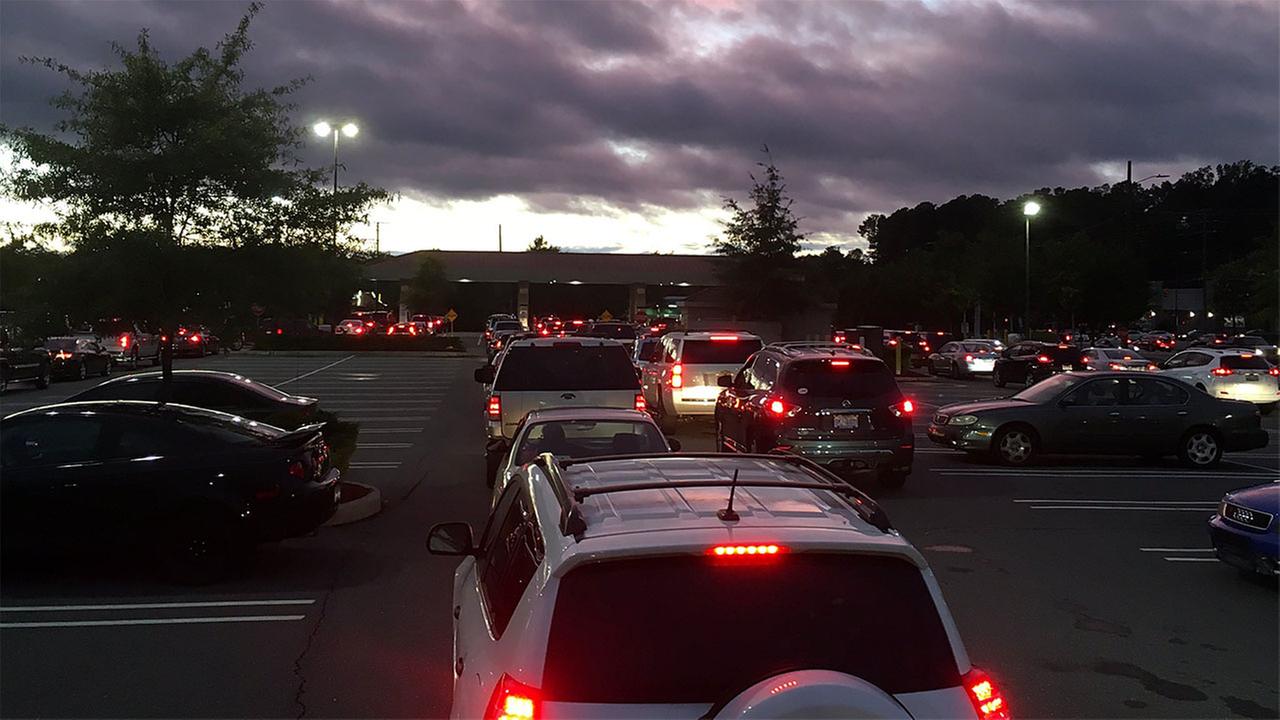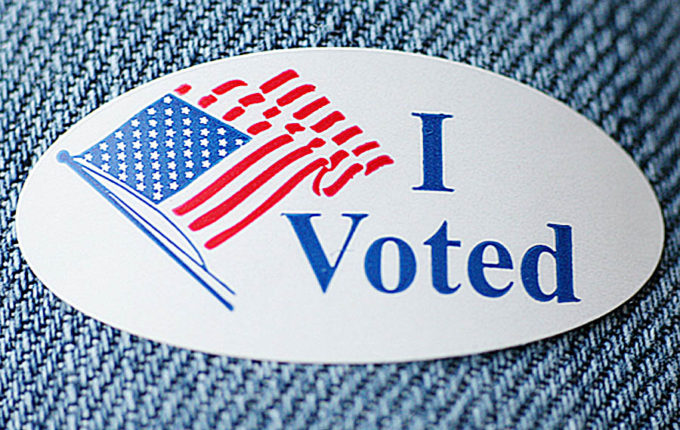With Election Day officially behind us, we thought we’d take a moment to recap how some of the key races in North Carolina turned out (or in a few cases, how they are likely to turn out). There’s an unbelievable amount of information to sift through and process before we can draw deeper conclusions, so we’ll save that for another day. Top line takeaways are that Republicans will control the White House, US Senate, and US House, and will maintain their supermajorities in the NC House and NC Senate, though the Governor’s Mansion could be occupied by a Democrat. Please note that there are a handful of races that are still “too close to call” despite a winner being listed because the State Board of Elections must complete its certification process — counting provisional and absentee ballots, conducting canvasses and recounts, etc. — before officially declaring a winner. Without further ado, here are your federal and state election winners:
 Politics
Politics
As we speed toward Election Day and put behind us what will likely be known as the longest and most rancorous presidential race in recent memory, we must all remember that the importance of November 8th goes well beyond 1600 Pennsylvania Ave. And yes, we completely understand that looking beyond this presidential election—an election that has been the focus of the world and dominated the news for the past year—is not an easy task, especially given that we are a swing state AND a battleground state.
But, the truth is North Carolina voters have much more to consider. We have the opportunity to shape our future right here at home, and every single vote matters. In fact, we are voting in two very important races that are still considered toss-ups (you have seen the mass amounts of TV ads that prove it) with than a less than a week to go – U.S. Senate and Gubernatorial. Just look at what is at stake with these races – a potential change in the balance of power in D.C. and the leader of North Carolina for the next four years. These two races could come down to the wire with a candidate squeezing in by a couple hundred votes. It could even be a couple hundred votes from a rural county that makes the difference.
Beyond those two races, there are many important races and issues to be decided, and you should want to have a say. Here’s what most of our ballots will include: US House of Representatives, US Senate, Lt. Governor, Attorney General, Commissioner of Labor, Commissioner of Insurance, Secretary of State, State Auditor, Commissioner of Agriculture, Superintendent of Public Instruction, State Treasurer, Supreme Court, Court of Appeals, NC House and NC Senate. Not to mention local races like County Commissioners and Register of Deeds. That is a lot of voting but it’s a great way to make your voice heard.
The point is that while our next POTUS is extremely important for the future of our nation, so are the elected officials that represent us right here at home. The elected officials that determine the future of our education system, public safety, healthcare, social security, our roads, bridges and highways, agriculture, sewer and water systems, and much more. We urge you to exercise your right to vote and to be a part of the future of this great state and nation!
If you need help finding out where you are registered to vote or what your ballot will look like, visit this page: https://vt.ncsbe.gov/voter_search_public/
If you want to learn more about the candidates on your ballot, visit: http://myballot.wral.com/build.do
This week’s gas shortage in North Carolina presents an opportunity to talk about another reality of daily life some people often take for granted: our food supply.
The recent Colonial Pipeline leak in Alabama is a reminder that a disruption in local gas deliveries can create panic and confusion among consumers. But what would it look like if North Carolinians were facing a food shortage? We’re talking about a situation in which consumer access to food is significantly disrupted and people have difficulty finding basic food products such as milk, bread, meat and produce. It wouldn’t be a pretty picture that’s for sure.
This week’s post is written by Catherine Harward, a rising senior at North Carolina State University. As a Warren Leadership Fellow, Catherine spent this summer interning with North Carolina Farm Bureau learning about public policy and agricultural advocacy.
Three years ago, I never could have imagined where I would be today. If someone would have told me that I would be interning in agricultural policy for the largest agricultural organization in North Carolina, I would have shook my head in disbelief.

To give you some background, I grew up on a beef cow/calf operation in Stanly County raising purebred and commercial cattle with my father, mother, and four sisters. Even though my dad has all daughters, he never allowed any of us to think because we are girls we could not work on the farm. Since I was little, I enjoyed riding with my dad to feed cows, check fences, and vaccinate the herd, among other work. As I grew older, I became increasingly active in my family’s cattle operation in addition to our livestock marketing businesses. We market cattle across North Carolina and in adjoining states, keeping all members of our large family busy and involved in the family businesses. In my spare time, between school, sports, and the farm, I showed cattle at fairs and exhibitions, sparking my interest in youth agricultural organizations. I loved growing up in a farm family, and I appreciate the life lessons the farm taught me that have motivated me to work hard and to be successful.
I realized that even if you are not interested in politics, it still affects you, and it is crucial that we have farmers at the table helping to make decisions.
Over the past three years as a college student, I acknowledged my increasing passion for agricultural advocacy. Farm Bureau’s Young Farmers and Ranchers program at NC State opened my eyes to the diverse avenues for advocacy and the power of networking. I met various professors who motivated me to look into my passions and purpose in agriculture. Each time, my passions circled back to cattle and advocacy. I never had a great interest in politics and tended to shy away from those discussions. However, reality hit me over time and I began to recognize how important it is to have people working in agricultural policy to keep farmers farming. I realized that even if you are not interested in politics, it still affects you, and it is crucial that we have farmers at the table helping to make decisions.
 Politics / US Government
Politics / US Government
June 7th. That’s next Tuesday. Mark it on your calendar. Circle it. Put it in your phone and set a reminder. That’s because next Tuesday, June 7th is the date of North Carolina’s Congressional primary election. (The ballot will also include a North Carolina Supreme Court Associate Justice race and possibly local races too.) You might be thinking, ‘but I already voted in a primary back in March’ and you’d be right. But without getting into the weeds too much, your vote in any Congressional race during the March primary hasn’t been counted and probably won’t ever be counted. The primary election on Tuesday, June 7th includes Congressional races again and this time your vote will be counted*, so it’s important that you go vote.

